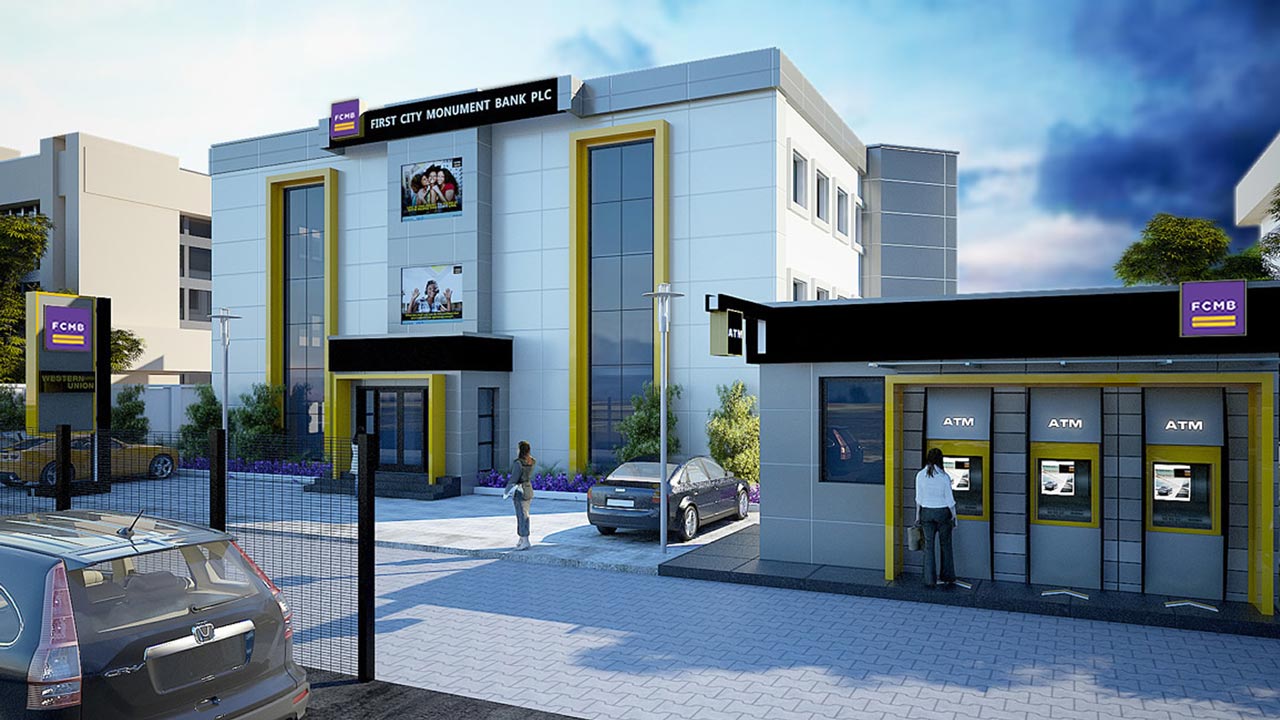- Lagos, Kaduna, Edo Owe Foreign Creditors $1.89bn
With a combined foreign debt profile of $1.89bn, Lagos, Kaduna and Edo have retained their spots as the states most exposed to foreign debts.
As of June 2016, the three states had a combined foreign debt profile of $1.84bn.
Statistics obtained from the Debt Management Office in Abuja on Thursday showed that the 36 states of the federation and the Federal Capital Territory Administration had a combined foreign debt profile of $3.94bn as of June 30.
This means that with a combined debt profile of $1.89bn, Lagos, Kaduna and Edo owe 48.04 per cent of the country’s subnational foreign debt.
Expectedly, Lagos, with the reputation of being the biggest economy in the country, retained its topmost position as the state most exposed to foreign debts, with a portfolio of $1.45bn. This means that Lagos State alone holds 37.28 per cent of the country’s total subnational foreign debt.
Although its overall foreign debt portfolio inched up from $1.43bn a year before, the proportion of Lagos State’s foreign debt to the subnational total came down a bit from 39.17 per cent as of June 2016.
With a foreign debt profile of $232.09m, Kaduna is the second most indebted state of the federation in terms of foreign debt. This means that the state holds 5.89 per cent of the country’s subnational foreign debt.
A year ago, Kaduna State, with a foreign debt of $225.28m, held 6.16 per cent of the subnational foreign debt.
Edo State, with a foreign debt profile of $213.95m, holds 5.43 per cent of the country’s subnational foreign debt. As of June 2016, the state with a total portfolio of $179.52m, held 4.91 per cent of the country’s subnational foreign debt. This shows that the state’s foreign debt profile rose by $16.43m or 9.15 per cent in the 12-month period.
Cross River State remains one of the most indebted states with a foreign debt profile of $168.5m. A year before, the state’s foreign debt profile stood at $141.47m. This means that within a period of one year, its foreign debt profile had increased by $27.03m or 19.11 per cent.
Enugu State jumped from a foreign debt profile of $74.46m a year ago to become one of the most indebted states currently, with a foreign debt profile of $116.39m. This means that within a period of one year, its foreign debt portfolio had increased by 56.31 per cent.
Bauchi State, with a debt profile of $106.8m, is among the most indebted states to foreign creditors. As of June 2016, its foreign debt profile stood at $97.23m. This means that the portfolio rose by $9.57m or 9.84 per cent within the one-year period.
In terms of foreign debts, Ogun State owes $106.25m, which is marginally up from the $103.55m recorded in June 2016.
Abia State is one other state that has hit the $100m mark with a foreign debt portfolio of $100.95m. As of June 2016, the state’s external debt stood at $42.4m. This means that within the one-year period, the state grew its exposure to foreign debts by $58.55m or 138.09 per cent.
With a portfolio of $22.394m, Taraba is the least indebted state of the federation. Other states that have low exposure to foreign loans include Borno, $22.398m; Yobe, $29.23m; Plateau, $29.73m; Kogi, $32.72m; Jigawa, $33.19m; the FCT, $33.55m; and Zamfara, $34.45m.
With the exception of Lagos, Ogun has the highest external loan portfolio in the South-West geopolitical zone with $106.25m. In the South-East geopolitical zone, Enugu has the highest portfolio of $116.39m.
In the South-South geopolitical zone, Edo State with an exposure of $213.95m has the highest portfolio. In the North-Central geopolitical zone, Kwara has the highest exposure of $50.2m. None of the states in the zone ranks among the highest exposed states in the country.


 Forex4 weeks ago
Forex4 weeks ago
 Naira3 weeks ago
Naira3 weeks ago
 Billionaire Watch3 weeks ago
Billionaire Watch3 weeks ago



 Naira3 weeks ago
Naira3 weeks ago






 Naira3 weeks ago
Naira3 weeks ago


 Naira2 weeks ago
Naira2 weeks ago






 Naira2 weeks ago
Naira2 weeks ago
 Commodities4 weeks ago
Commodities4 weeks ago






















